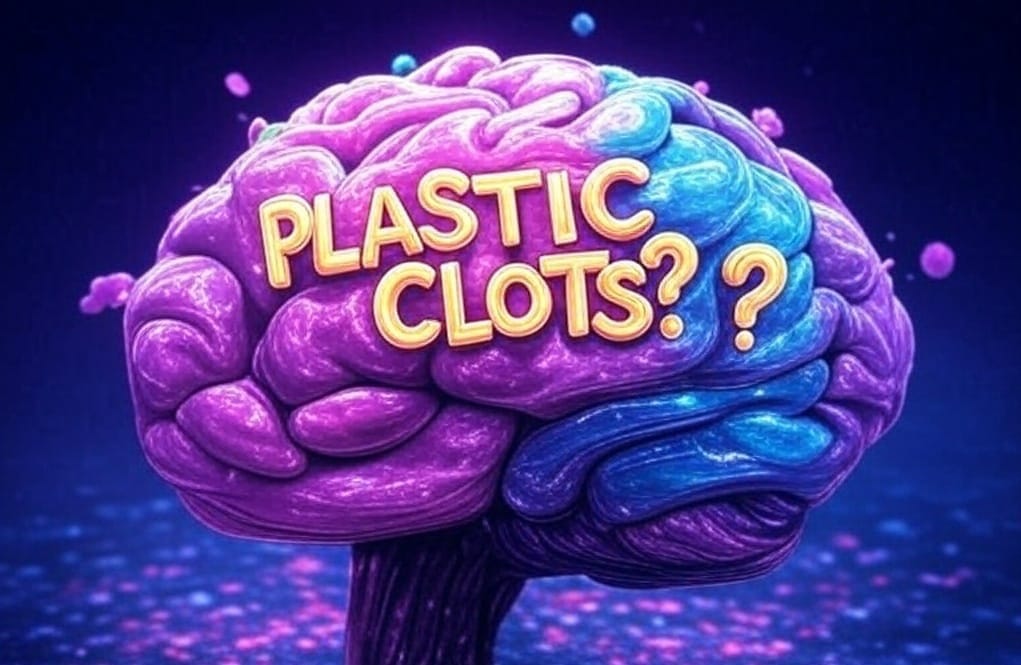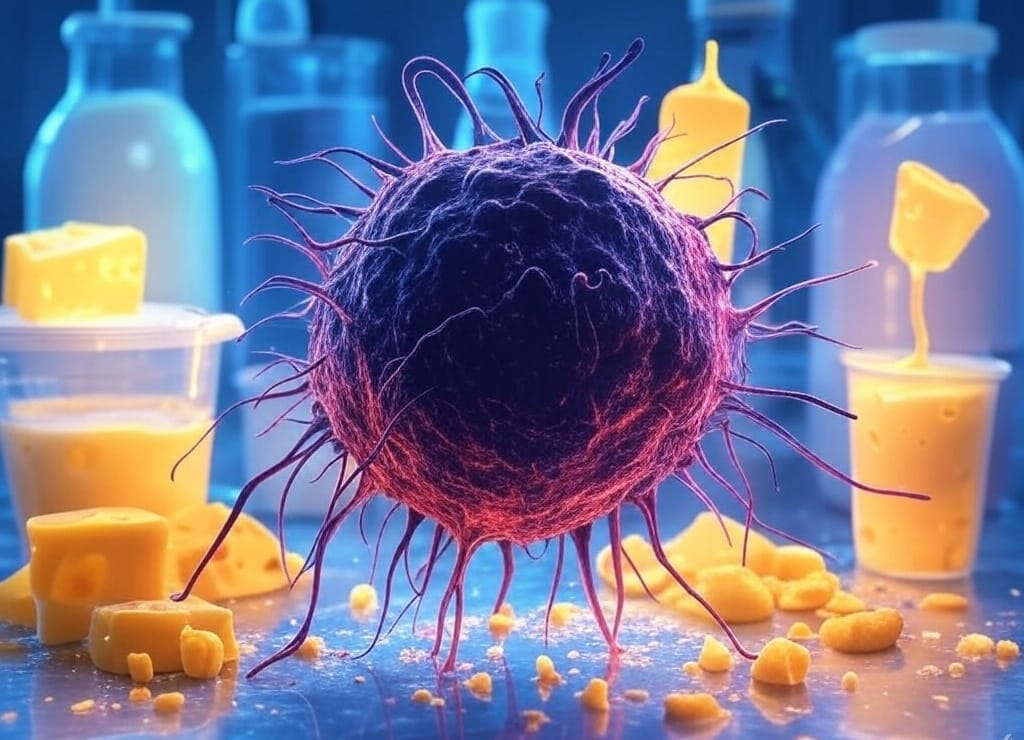Our recent posts have been diving deep into the world of fats and brain health, and we’re keeping that vibe going with a tasty topic: could a fat-packed ketogenic diet help kids with autism spectrum disorder (ASD) shine brighter? A 2018 study from Shriners Hospitals for Children in Honolulu dished up some intriguing results, showing how a modified ketogenic diet might ease ASD symptoms. Spoiler: it’s not just about bacon and butter; there’s some serious science here!Let’s break it down for all you science newbies, with a splash of humor and a nod to our past Odyssey posts.
What’s The Deal With This Ketogenic Diet?
In a sentence, imagine a diet that's very high in fat whilst kicking carbs to the curb. The study tested a modified ketogenic gluten-free diet spiked with medium-chain triglycerides (MCT)—think coconut oil’s superhero cousin. This high-fat, low-carb plan, a rockstar for epilepsy, took aim at ASD. Fifteen kids (ages 2–17, mostly boys) chowed down on meals with only 20–25 grams of carbs daily—that’s like one slice of bread! Protein was kept moderate, while fats, including MCT oil, powered their plates.
Why MCT? It’s like jet fuel for making ketones, which might give brains a new groove. Plus, the diet was gluten-free, since many kids with ASD already skip wheat. As we raved in our Beginner’s Guide to Keto, keto flips the food pyramid, and this version cranks it up with MCT magic. The kids followed it for three months, with ten sticking around for six, while researchers tracked their behavior.
Did the Diet Deliver for ASD Symptoms?
Using tools like the ADOS-2 and CARS-2 (fancy scales for ASD behaviors), the study served up some tasty wins. After three months, the kids boosted their social skills by nearly 20%—think better eye contact and chattier moments. Overall behavior scores also improved by about 21%. Half the group, eight kids, saw noticeable changes, with two “super responders” practically dancing to 50% better social scores! Even at six months, the ten kids still on the diet held onto those social gains.
Specific behaviors got a glow-up too: imitation, body movements, and fear or nervousness all improved. Caregivers reported kids were more focused, less hyper, and smoother at switching tasks—imagine calmer mornings! Repetitive behaviors, like hand-flapping, didn’t shift much, though. So, it’s not a magic wand, but it’s a solid boost for social skills and connections.
Fats and Cholesterol: The Brain’s BFF?
Here’s the sizzle: the diet pumped up the kids’ high-density lipoprotein (HDL)—the “good” cholesterol we geeked out over in Cholesterol: Plaque-Free or Pipe Dream?. Kids with lower HDL at the start saw the biggest behavior improvements, hinting that HDL might be a secret weapon. A blood protein called albumin followed suit—lower levels at the start meant bigger gains during the diet.
Why’s this cool? HDL could be taming inflammation, a sneaky culprit in ASD. We’ve seen cholesterol’s immune-boosting abilities in our Moo-ve Over Cancer, and here it might help brains relax. MCT oil fueled ketosis, shifting brain metabolism, though it wasn’t the main hero.
Any Hiccups with the Ketogenic Diet?
No diet’s perfect, and this one had hiccups. As with any group transitioning from a high carb to a high fat diet there can be some side effects such as diarrhea, vomiting or fatigue as there bodies transitioned from using sugars to fats as a fuel source. However, these side effects are temporary and faded fast.
Why This Matters for Autism Families
This study’s a ray of hope for families navigating ASD. It suggests that a ketogenic diet, packed with fats like MCT and boosting HDL, could help some kids connect better with the world. But it’s not a one-size-fits-all fix. We need more research, like a sequel to a blockbuster movie, to find out more about what fatty foods can positively impact ASD. Plus, as we mused in Creatine vs. Cancer, diet’s impact on complex conditions is a puzzle we’re still solving.
What’s the Next Bite?
If you’re curious about trying keto for ASD, chat with a receptive dietitian that has experience in a low carb approach — those 2-hour training sessions in the study were gold. Future studies should dig into why some kids are “super responders” and whether inflammation or gut bugs (their microbiome) are key players. For now, this diet’s like a promising new recipe: worth a try and modify to make it work best for you.














Discussion